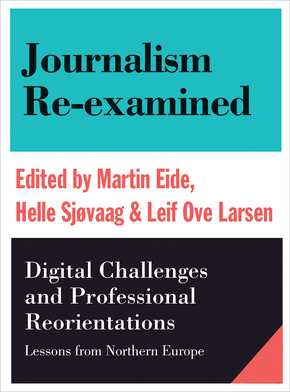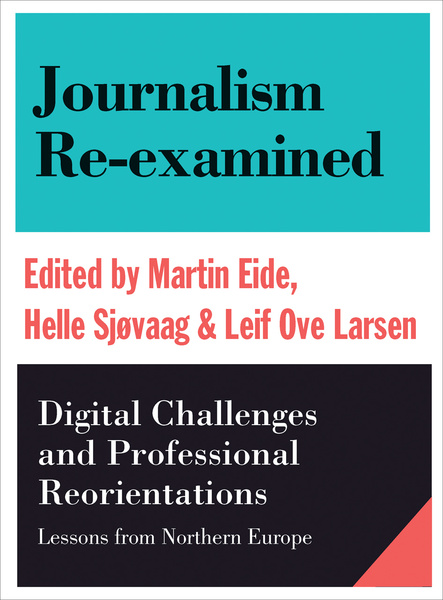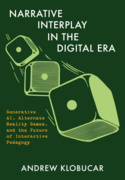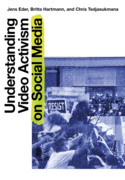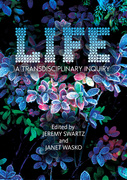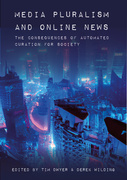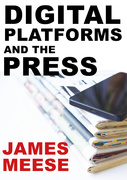Journalism Re-examined (Book)
Digital Challenges and Professional Orientations (Lessons from Northern Europe)
The digital era has posed innumerable challenges to the business and practice of journalism. Journalism Re-examined sets out an institutional theoretical framework for exploring the journalistic institution in the digital age and analyses how it has responded to those profound changes in its social and professional practices, norms and values. Building their analysis around the concept of these changes as reorientations, the contributors present a number of case studies, with a particular emphasis on journalism in the Nordic countries. They explore not just straight news and investigative journalism, but also delve into lifestyle and documentary coverage, all with the aim of understanding the reorientations facing journalism and the ways they might present a sustainable future path.
Edition
Martin Eide, Ph.D., is Professor at Department of Information Science and Media Studies, University of Bergen, Norway. Eide’s main area of research has been on the role and power media and journalists have in society. He has also done extensive work on political communication and the political role of media as well as on sociological aspects of news-production. Eide has written several books and articles about Norwegian popular journalism. He has also conducted several research projects focusing on journalism and media history, e.g. on the popularization of Norway's largest newspaper and on the history of an editorial role in a Norwegian context.
Leif Ove Larsen is a professor in the Department of Information Science and Media Studies at the University of Bergen.
Helle Sjøvaag is a research professor in the Department of Information Science and Media Studies at the University of Bergen.
Acknowledgements
Chapter 1 Journalism as an Institution
Martin Eide & Helle SjŅvaag
Chapter 2 Journalistic Reorientations
Martin Eide
Chapter 3 Institutional Forms of Media Ownership and Their Modes of Power
Rodney Benson
Chapter 4 Media Reform in the UK Post-Leveson
Natalie Fenton
Chapter 5 Changing Journalistic Professionalism?
Jan Fredrik Hovden
Chapter 6 Algorithms as New Objects of Journalism
Taina Bucher
Chapter 7 Reorientations in Print and Online News
Helle SjŅvaag
Chapter 8 The Rise of a Multiplatform Mentality?
Nina Kvalheim
Chapter 9 Anonymity and Tendentiousness in Online Newspaper Debates
Dag Elgesem & Thomas Vie Nordeide
Chapter 10 The Future of Interpretative Journalism
Karl Knapskog, Magnus Hoem Iversen & Leif Ove Larsen
Chapter 11 The Mediatization of Politics across News Beats
Mark Blach-Įrsten
Chapter 12 Blogs, Books and Journalism: Media Platform Interactions in Public Debate
Brita Ytre-Arne
Chapter 13 Conclusion
List of Contributors

